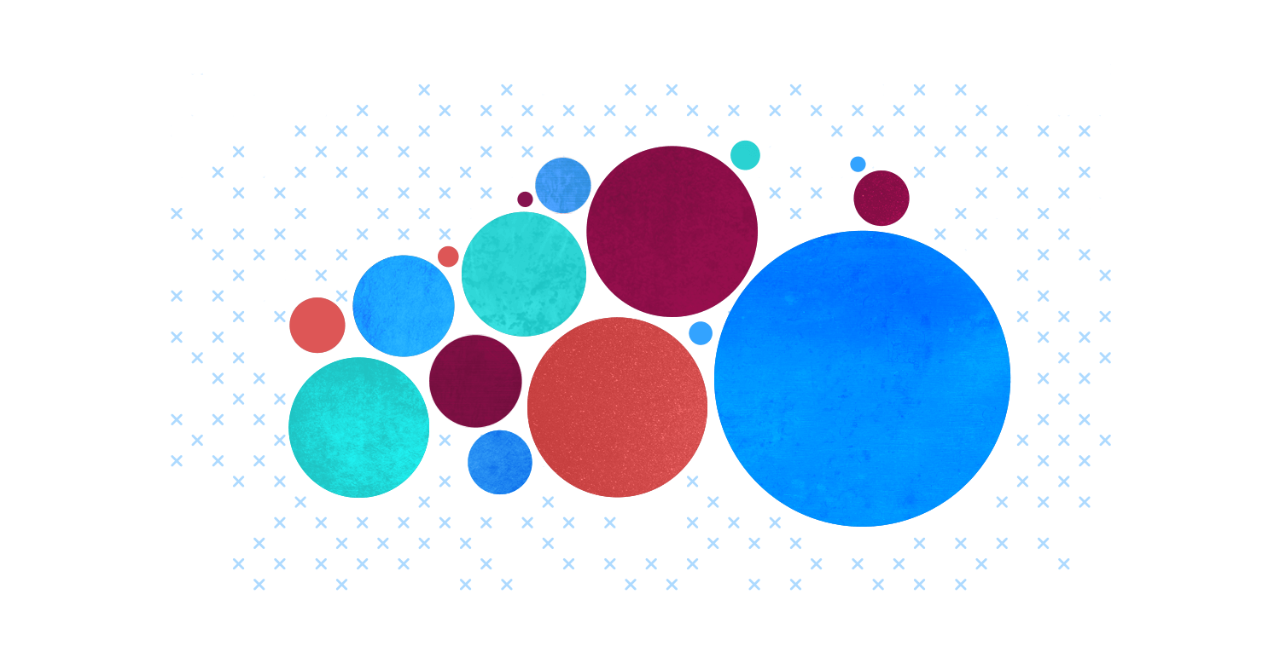USER STORIES
Take the business along the Data Science journey
Jean Murray De Villiers’ career journey is proof that regular upskilling matters.
GET TO KNOW JEAN
Name:
Jean Murray De Villiers
City:
Dublin
Current position:
Head of Analytics
Software knowledge:
SAS 9, SAS Studio, SAS Viya, SAS Visual Data Mining and Machine Learning, SAS Customer Intelligence, SAS Visual Analytics, SAS Visual Statistics, SAS Visual Text Analytics, SAS Data Integration Studio, SAS Enterprise Mines, SAS Enterprise Guide, SAS Model Manager, SAS Intelligent Decisioning, SAS Management Console
For me the vision of what you can achieve with the skills is just as important as the skills themselves.

TOP 3 LESSONS
- Take the business along the Data Science journey. This creates a sense of shared ownership and aligned expectations.
- Understand your audience, and utilize the power of storytelling when sharing findings with them. It's important that your story is told in such a way that everyone, including your six-year-old niece, gets it.
- It's not so much about the tools, but more about the value that you create with them.
THE JOURNEY
Undergraduate degree
in Business with a focus on Statistics, Marketing, and Economics.
Got Certified
Developed skills starting with Base SAS to Advanced Programmer and Statistical Business Analyst.
Masters Degree
in Business Mathematics and Informatics at North-West University (BMI Centre) in Potchefstroom, South Africa.
Data Scientist
Joined Africa’s largest pay-tv service provider and used the next two and a half years to build up solid work experience. It was during this period that I also completed the SAS Academy for Data Science, offered online, and passed all five SAS certification exams to become a SAS Certified Data Scientist.
SEE THE BENEFITS
ON LEARNING SAS®
SAS certifications provide you with the foundation needed to build a career in Data Science. I found that the knowledge obtained doing SAS certification can be applied to open-source platforms as the Data Science fundamentals stay the same.
#1
SAS is rated one of the top skills to have in today's analytics job market.
ON CERTIFICATION
SAS certifications makes you more attractive for employers and provide you with the foundation needed to build a career in Data Science.
Find projects that fascinate you and that you feel passionate about. This will help you put 110% into it and the results will show for themselves.
MY STORY
Q: Being a Data Scientist - it is something very trendy now and there is still a great gap between university graduates and demand from the market – when did you decide you want to go in this direction?
In 2013 while working for a SAS partner in South Africa selling Analytics software, with limited career prospects.
Read more of Jean's story
Q: Do universities do enough to prepare students for a career as a data scientist? What is your experience?
I think that some universities are better than others at preparing students for the real world.
Q. What are the key things that universities can introduce or changes that would better prepare students for a career in Data Science?
Ensure that students understand why they are learning the fundamentals, especially in undergrad courses, and show them the typical business problems that one can help to solve if you understand the fundamentals well. For me, the vision of what you can achieve with the skills is just as important as the skills themselves.
Q: At what point did you learn about SAS? Did you take any SAS-oriented courses in university?
I started learning a bit of SAS while doing second-year statistics practical assignments as part of my undergrad in Business Management at the University of Pretoria. It was during completing my master’s degree in Business Analytics at the Centre for Business Mathematics and Informatics (North-West University) that I got a lot of exposure to the business application and value of SAS.
Q: Did you hear anything about SAS certification during your study? If not, how did you find out?
Not during my undergraduate degree, but while completing my master’s degree I was encouraged to become SAS certified. I was further encouraged by my first employer, an Analytics and software consultancy in South Africa, to become SAS certified.
Q: How many certification exams did you take and why did you do so?
I’ve completed 20 SAS certifications over the last 10+ years (as of January 2023). SAS certifications and the associated training material provides me with the necessary theoretical knowledge and practical skills to excel at Data Science.
Q: which one you found the most useful for your current work?
It’s a difficult question to answer because they are all so valuable, but if I will say the SAS Data Science certification.
Q: What happened after you graduated the school? Did you land a job right away?
Yes, there was and still is a big demand for industry-related Data Science skills in the market. At the time of graduation, I had numerous job offers/opportunities to choose from.
Q: Tell us about your current job. What skills do you get to use, and what do you like about it?
I'm currently the Head of Analytics at SAS Institute in Ireland. The great thing about my role is that I get to apply a broad range of Data Science and business skills daily, to help our customers and prospective customers understand how SAS can solve their most important business questions, and how to leverage their Analytics investment to get the most out of it.
Q: What other advice would you give to a university student thinking about wanting to learn about SAS? Or looking back on your education and career path, is there anything you’d do differently?
There is no substitute for experience, so get involved in anything that will help you apply what you learned. Data Science is at the epicenter of the data revolution and is very fast-moving, so be comfortable with regular upskilling to stay relevant in the market. If possible, have more than one customer so that you can choose your projects and have multiple income streams. It is important not to have all your eggs (skills) in one basket. Having a broad Data Science skillset including cross-technology platform proficiency (e.g., SAS and Python skills), as well as soft skills, including Storytelling.
Finally, find projects that fascinate you and that you feel passionate about. This will help you put 110% into it and the results will show for themselves.
Q: Finally, what are your goals for the future?
To keep learning and become a global thought leader in Analytics.
There is no substitute for experience, so get involved in anything that will help you apply what you learned.
TOOLS FOR SUCCESS
SAS® Academic Programs
Innovation starts with education.
Free Training
Upgrade your skills with a range of courses to help you get started learning SAS.
SAS® Academy for Data Science
Master the skills you need to become a data scientist with in-depth training and professional certifications.

Explore Amazing Careers in Analytics



